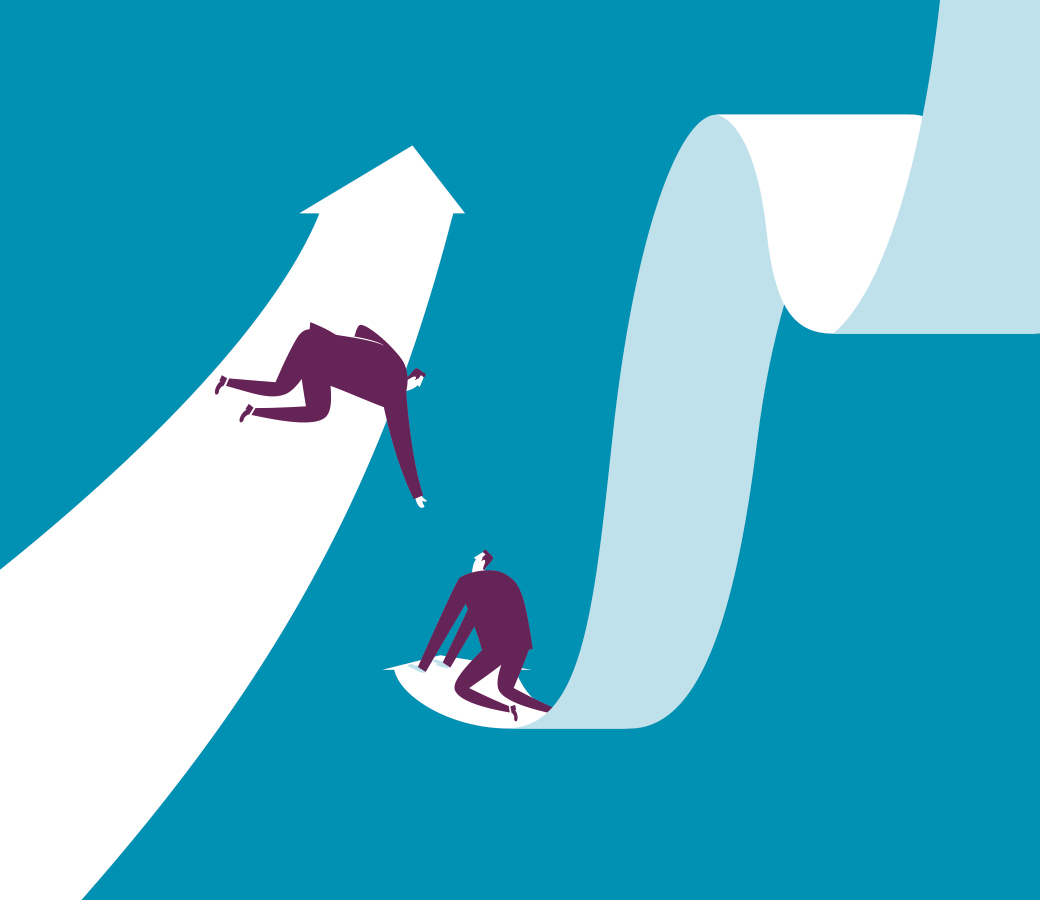Leading in turbulent times webinar series: The ecosystem advantage

This webinar given by IMD’s Mark Greeven, Professor of Innovation and Strategy, appeared live on Tuesday 14th April at 11am CEST.
What are ecosystem practices? And what part of them could you feasibly implement in your company on Monday morning?
During turbulent times, there is a lot to do from focusing on employee safety to identifying new growth engines. Leveraging your partners (building your ecosystem) gives you an extra pair of hands and may also enable you to come out better than you had entered the crisis phase.
Nobody is pretending it is easy to build an ecosystem. Common reasons companies do not collaborate in crises include the fact they often go into freeze mode and the high cost of switching operations if you’re in the manufacturing as opposed to the digital sector (e.g. via a joint product launch). But there are feasible ways of going about partnership building.
Most companies are not organically organised as ecosystems. However, there are mechanisms of a well-structured ecosystem that can be mimicked. Learn more about these and about the need for inter-dependency, for instance through digital coordination.
An ecosystem of partners in turbulent times is an asset for myriad reasons, including the fact it helps you find a collective voice, boosts your resilience and propels you faster through the tunnel of turbulence. It also supports you in efforts to keep focused and can also even help manage costs. Moreover, it increases your chance of staying in sync with your environment.
You’ve heard it before; the sum of the parts is much more than individual parts alone. Likewise, ecosystems make you better and more relevant to what either you or your partner could have done alone.
But partnerships can go beyond just helping you keep the company ticking over, by giving you the competitive edge too. GE, GM, IBM, Disney, Microsoft and Apple were all founded during crises. If you don’t join the partnership trend, then you might find it harder to compete in the long run.
As Professor Greeven says, “If you as a company don’t see new growth engines, I can guarantee you that entrepreneurs are going to be on the lookout for them!”
There is no limit to how big an ecosystem can go. Well-connected oligopolies are being created during and will continue to be created after this crisis. If you don’t join them, you might just find it impossible to later compete with them.
To view all webinars, please visit our Leading in Turbulent Times page here.
Research Information & Knowledge Hub for additional information on IMD publications

Today’s workforce often includes a mix of permanent employees, freelancers, and outside contractors – but even organizations with mostly external workforces or highly autonomous workforces need proximity to succeed over the long term. Here are fou...

Set in 2024, the case describes the trajectory of Nike's success and how it had recently lost its way. The company was experiencing its worst slump in more than 10 years. Since 2020, CEO Donahoe oversaw a significant shift away from wholesale, wit...

Corporate leaders must stop being passive spectators and actively shape geopolitical outcomes to drive global competitiveness and collaboration.

This brief case exercise presents an increasingly common business scenario: An established player acquires a small, agile start-up to re-energize its value proposition. In this case, established global beauty giant UrbanLuxe acquires beauty start-...

Trump’s unconventional negotiation strategy reveals how game theory in negotiations can shape power, commitment, and outcomes before talks begin.

In an age that prizes agility, breaking up is a strategy rather than a surrender, argues IMD’s Salvatore Cantale, as CFOs step forward as architects of value in the de-conglomeration era.

What does it take to move from CFO to CEO? Four top executives share candid lessons on leadership, risk, growth, and redefining the finance role.
In an increasingly uncertain world, how do companies plan for the long term? Take this short quiz to test your knowledge of future readiness, and read on for insights from future-ready companies.

Use our AI Trust Checklist to avoid bias, hallucinations, and deepfakes. Practical tips to build trust in your AI systems.
Shenzhen Power-Solution (SPS), founded in 2009 in China as an entrepreneurial venture, disrupted traditional lighting markets in African villages with its flagship product, Candles Killer. This solar lamp, priced under $5, replaces hazardous keros...
in I by IMD
Research Information & Knowledge Hub for additional information on IMD publications
Research Information & Knowledge Hub for additional information on IMD publications
Research Information & Knowledge Hub for additional information on IMD publications
Research Information & Knowledge Hub for additional information on IMD publications
in I by IMD
Research Information & Knowledge Hub for additional information on IMD publications
Research Information & Knowledge Hub for additional information on IMD publications
Research Information & Knowledge Hub for additional information on IMD publications
Research Information & Knowledge Hub for additional information on IMD publications
Research Information & Knowledge Hub for additional information on IMD publications
Research Information & Knowledge Hub for additional information on IMD publications


